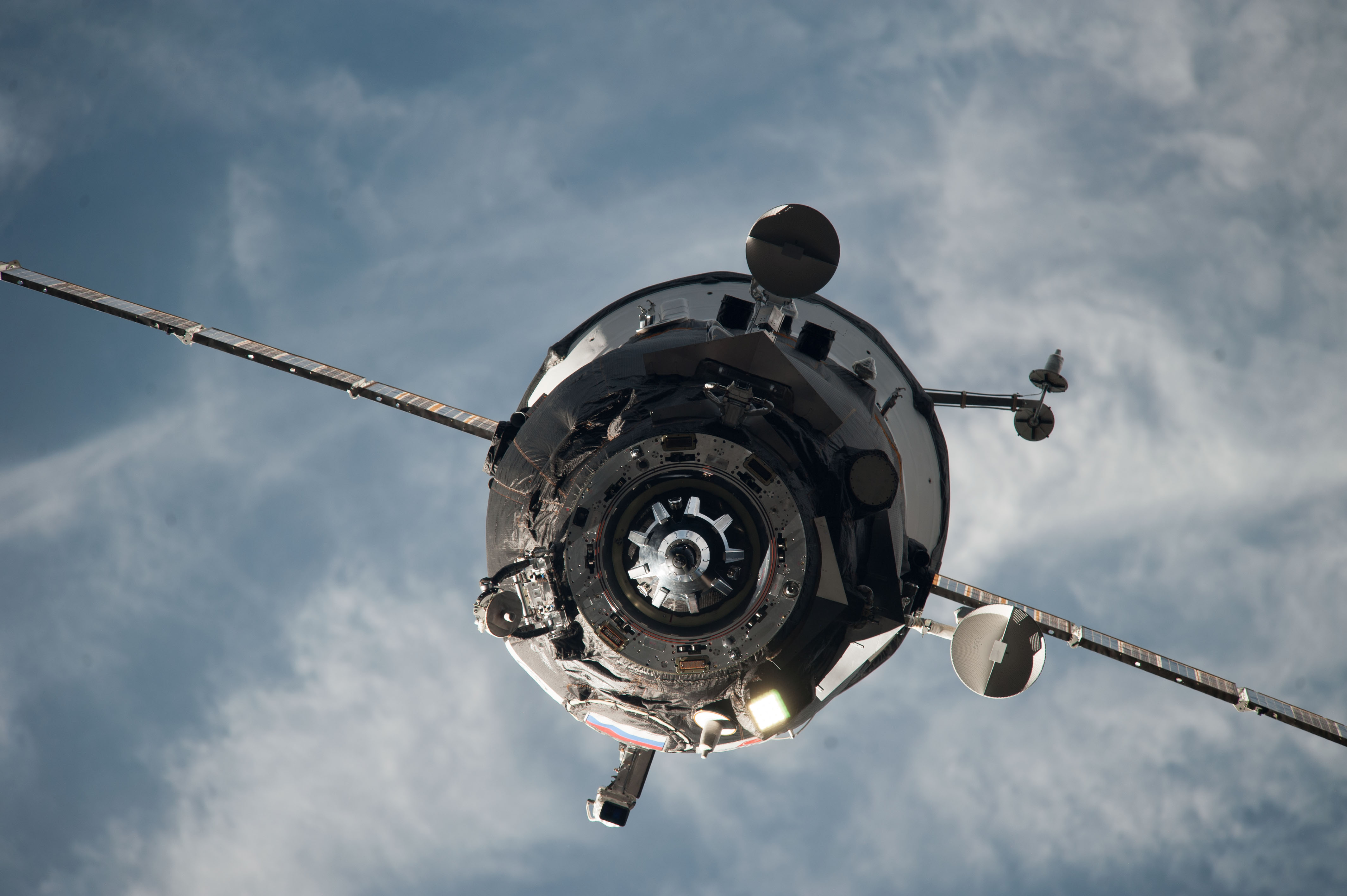A newspaper editorial reflects the thinking of not just one editor, but the editorial staff in general. When so august and influential newspaper as the New York Times publishes its end-of-year assessment of the state of the world, it’s worth noting, if only to see how wrongheaded smart people can be.
 The lines that jumped out at me came at the end. They summarize the progressive’s core worldview. They bear only a passing resemblance to the truth, and are tightly as tightly held as any religious belief.
The lines that jumped out at me came at the end. They summarize the progressive’s core worldview. They bear only a passing resemblance to the truth, and are tightly as tightly held as any religious belief.
In a sermon, I mean editorial entitled, “Moments of Grace In a Grim Year,” the crème de la crème of American intellectual life have only this bromide to offer: “Yet there are always signs of progress toward a better future. Look, or you may miss them.”
We only need to “tune out the rancor and find reasons to believe in the persistence of better values: humility, conciliation, kindness, dignity and reason.” With “an act of willful optimism,” the editorial intones, we will see “the signs of progress toward a better future.”
This is very superficial stuff. It reflects the obligatory year-end attempt to look beyond the day-to-day maelstrom of events that is grist for the mills of newspapers and news sites, the fodder and folderol of their existence.
At a moment when the crisis of man has reached a crescendo, the willfully optimistic attitude of outward progress and strained hope is a prescription for catastrophe without meaning, collapse without alternative.
It’s one thing when supposedly thinking people are reduced to proffering banalities; it’s another when the desperate need for progress becomes dangerously juvenile.
As the economist and Times columnist Paul Krugman absurdly puts it, “My growing optimism is about the direction technology seems to be taking — a direction that may end up saving the world.” Never underestimate a smart person’s ability to create his or her own reality and live in their heads.
Is it really necessary to point out that no matter how advanced the technology, it still comes down to the wisdom or folly of the people using it?
With progressive intellectuals thinking like this, it’s no wonder so many Americans are falling in line behind the opposite, the man they think will remedy what ails the country—Donald Trump.
What does ail the nation? The same thing that ails humanity as whole—man’s consciousness of accretion and advance (so-called progress), which has fragmented the earth and suffocated the human spirit to the breaking point.
“We’re witnessing a revolution on multiple fronts,” Krugman obtusely says. The truth is that such pabulum impedes a revolution on the one front that matters—a revolution in our consciousness itself.
Krugman proclaims, “Everyone who isn’t ignorant or a Republican realizes that climate change is by far the biggest threat humanity faces.”
But the idea that we can grow our way out of this crisis is also ignorant. The real hope is not more of the same growth, technology and progress that have made and manifested the crisis. The real hope lies, as it always has, within.
Clinging to ideas of progress and sentiments of hope actually impede, if not block the changes that are required within us. In one sense, it’s failure of imagination, but at a deeper level, it’s simply fear of change.
Human transmutation is not a gradual process in time. It happens, if it’s happening at all, in the opposite way that we think evolution occurs. Pressure for radical change builds up in a species, and a leap is made and a new species emerges.
The same thing is happening with the human species, and the pressure for change in the individual and the whole of humankind has become acute. That’s why there’s so much talk of transformation, even revolution. The problem is that nearly all of it is just that—talk.
The present world (dis)order cannot be saved and isn’t worth saving. It isn’t the economy stupid, much less “the technology of things” that will save humanity.
It’s the awakening of the human being, one human being at a time, which will save each and all of us.
Martin LeFevre

